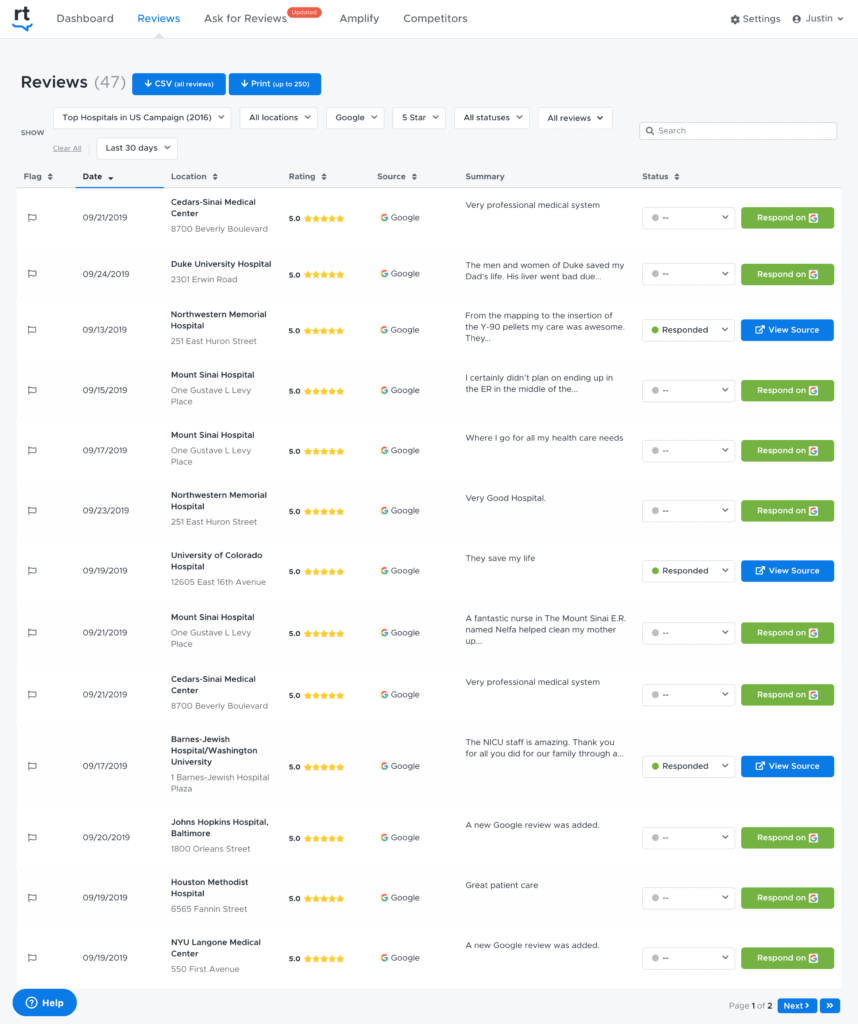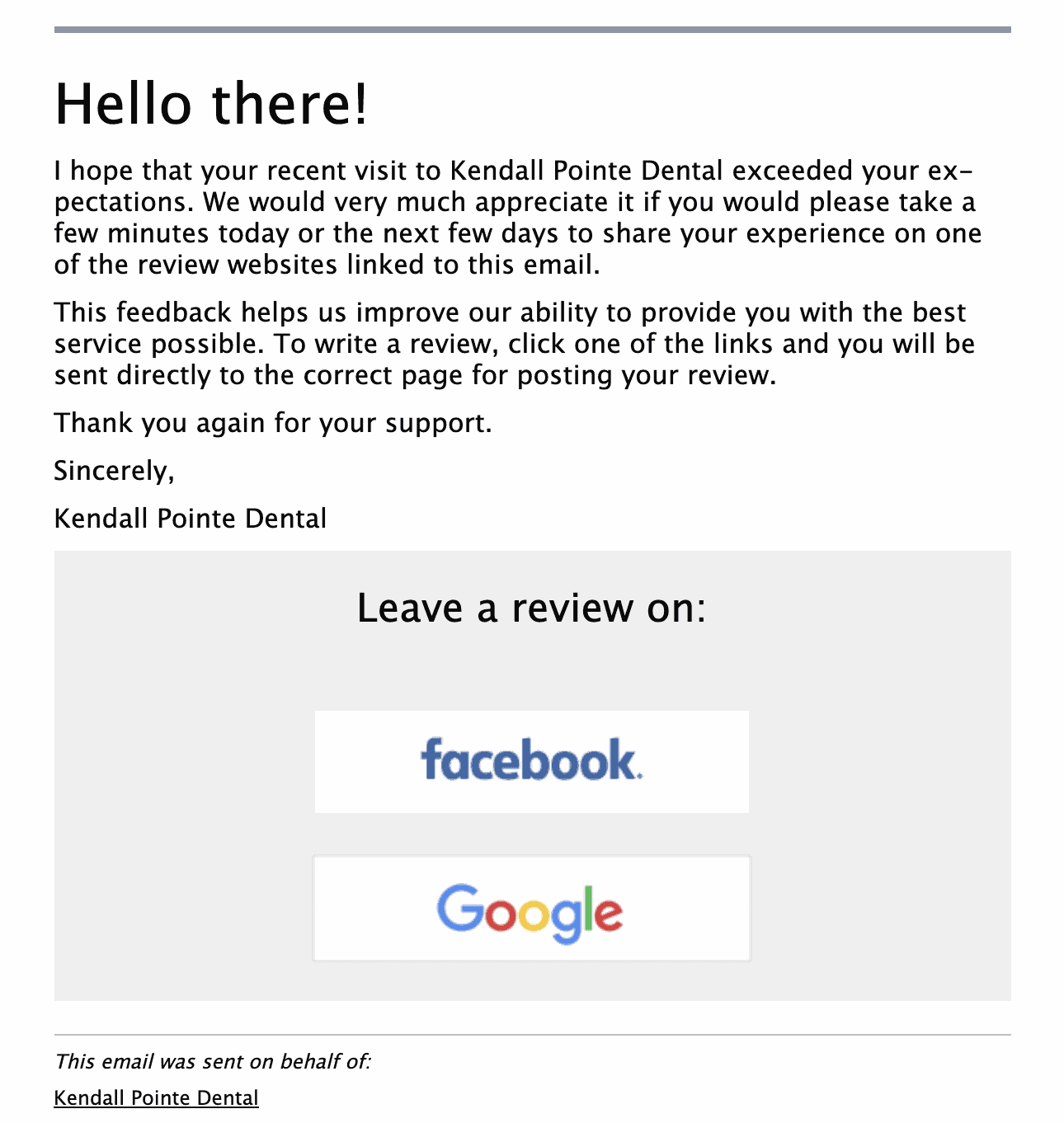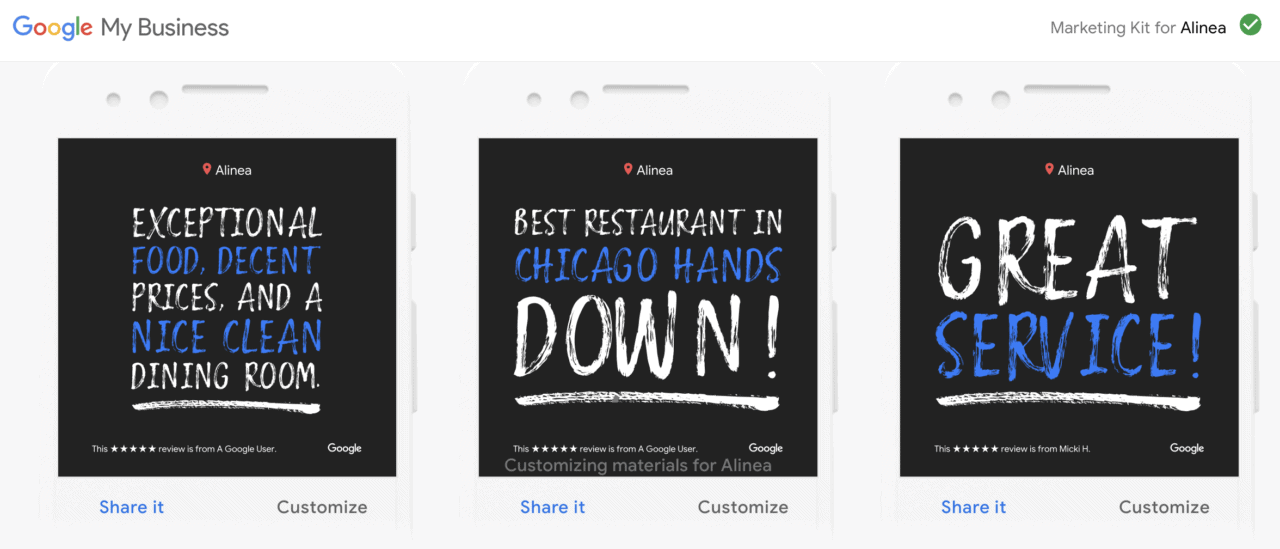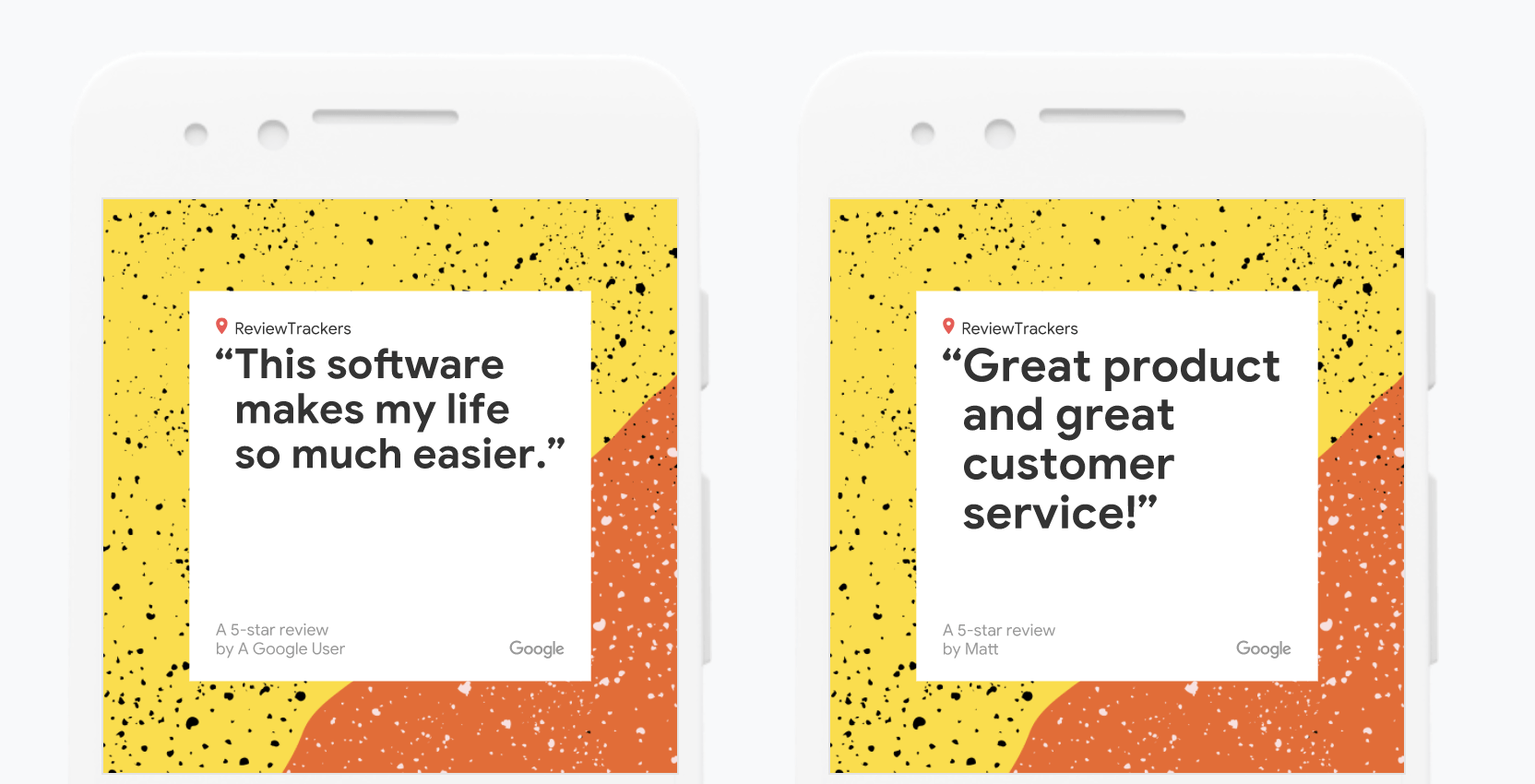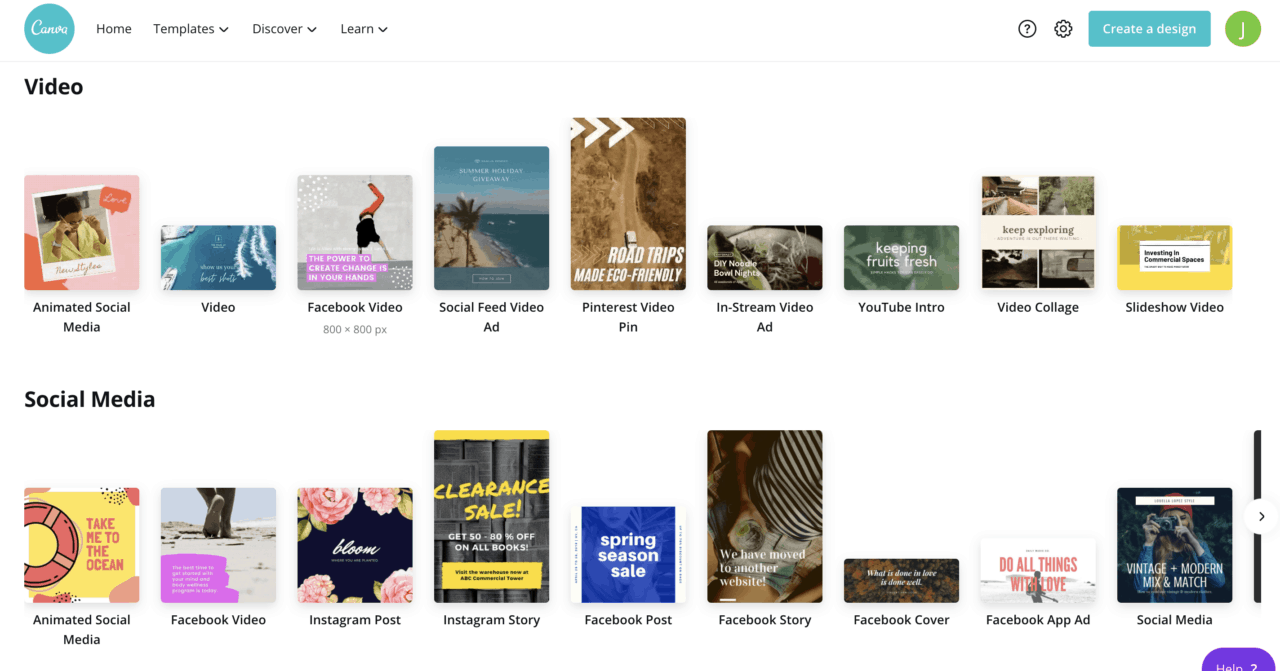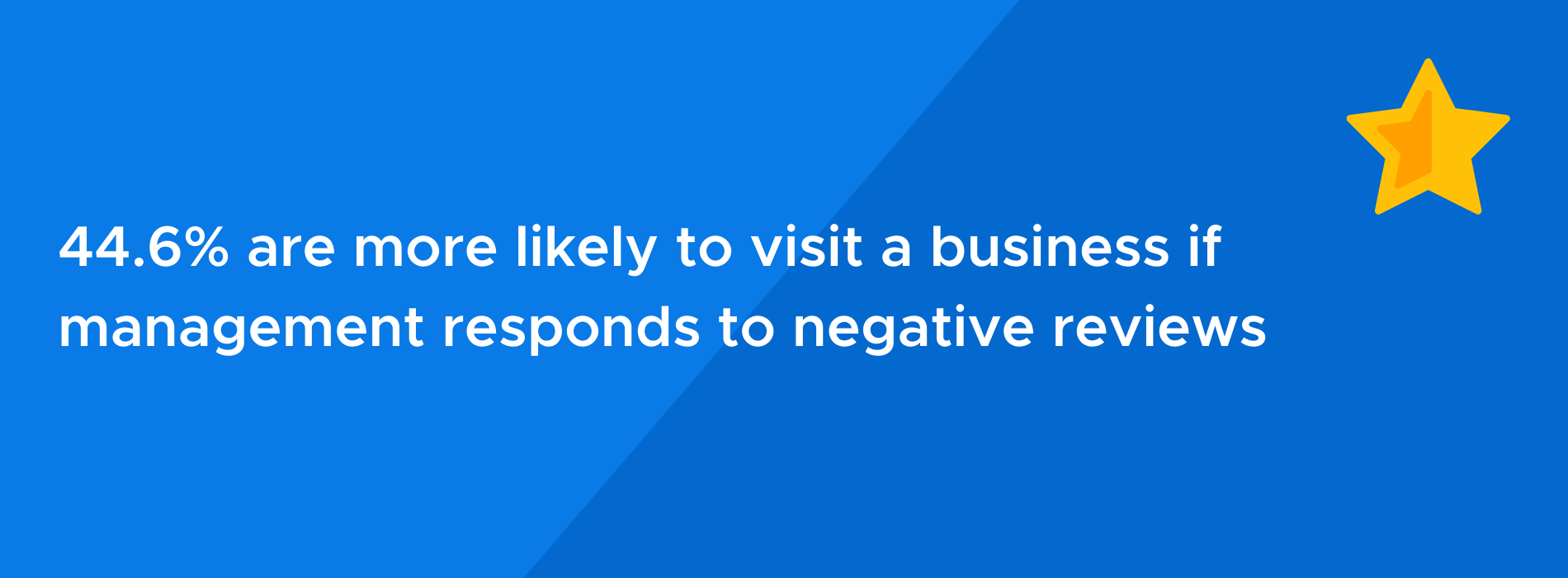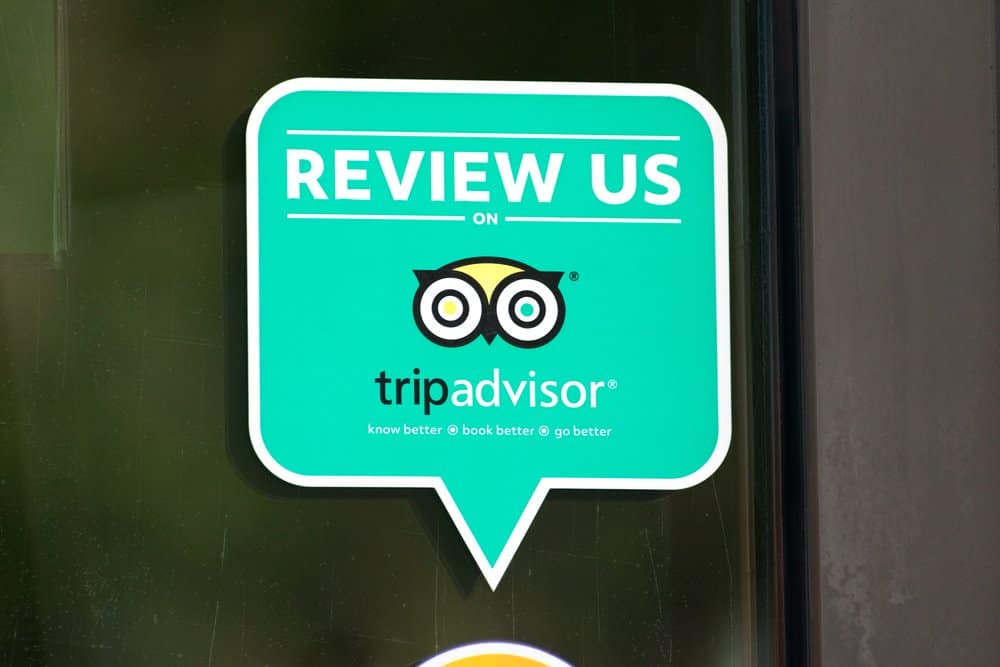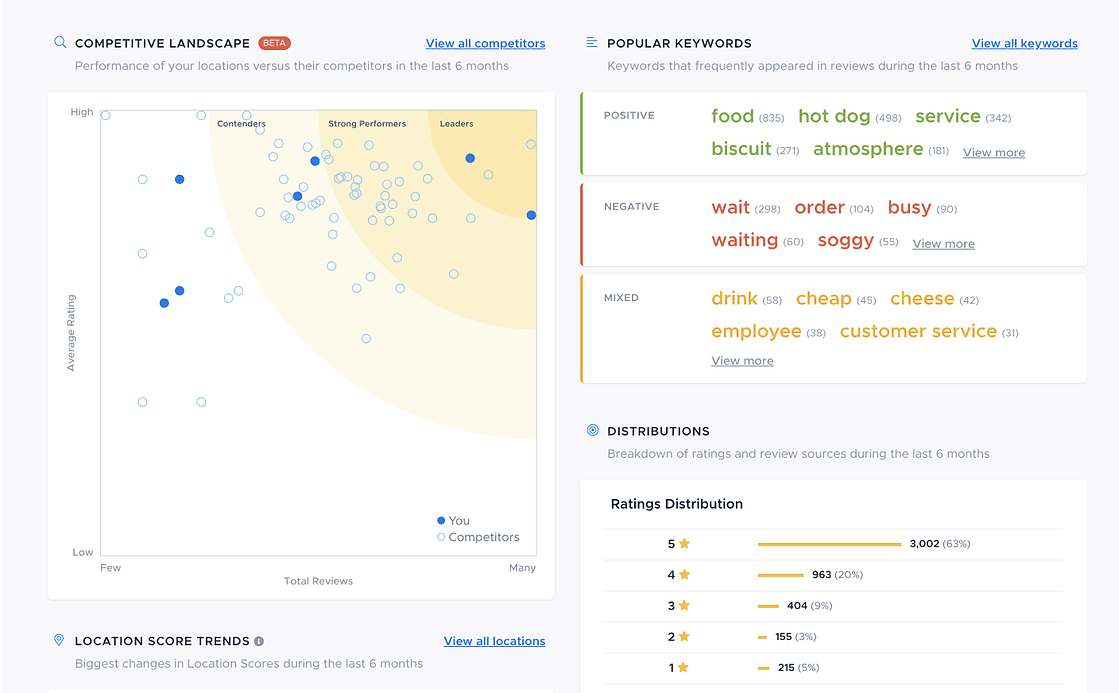Social media reviews are vital to any business, as sharing online reviews on social media is a great way to capture the attention of your fans and followers, with the goal of improving customer acquisition.
Reviews posted on business review sites like Google, Yelp, Tripadvisor, and Facebook provide the type of social proof that can inspire consumer confidence, supercharge your social media marketing performance, and support your online review management strategy.
According to customer reviews research:
- 40% of consumers use social media to research new brands or products
- 92% use social media reviews to guide their purchase decisions
- 53% view social media reviews as the most important factor in the online shopping experience
This explains why executives are harnessing reviews as marketing tools. On social media platforms like Facebook, Twitter, Instagram, LinkedIn, and even Pinterest, reviews often prove to be more effective than promotional content, paid advertising, and traditional sales messages.
Downloaded the report? How to Interpret Your Reputation Score
4 Essential Tools for Sharing Customer Reviews on Social Media
What are the best ways for sharing and posting social media reviews?
For starters, you’ll need to do more than just copy and paste text from your Yelp business page or upload screenshots of your latest 5-star rating on Google My Business.
When posting customer reviews on social media, think of your company’s reviews in the same way you think of your other digital marketing assets.
Before hitting “Post,” you must:
- Understand your communication objectives
- Handpick the right type of content for your audience
- Develop assets that are consistent with your brand
- Incorporate design elements that enhance the visual appeal of your social media presence
- Publish your posts in a timely, relevant manner
To help you with sharing customer’s social media reviews, we gathered a list of tools you can use that will transform your best online reviews into powerful social posts.
1. ReviewTrackers: Monitor and Find Reviews Worth Sharing
ReviewTrackers is a full-featured reputation management software platform with powerful online review management features, allowing users to monitor social reviews, respond to customer feedback, and find reviews worth showing off.
If you’re managing a significant amount of reviews for multiple business locations, ReviewTrackers offers data filters and search tools to help you easily find and organize reviews by rating, date, review website, business location, and keyword.
If you don’t have a large collection of reviews, ReviewTrackers has a built-in Ask Tool feature that lets you run email or SMS campaigns that automate the process of asking for reviews from customers.
Not only does this save your team a ton of time; but it also makes it easy for your happiest customers to share their experiences on online review sites with just a few clicks.
2. GMB Marketing Kit: Share Google Reviews on Social
If your business is already listed on Google, you can use the Google Business Profile Marketing Kit to generate personalized marketing materials and turn your Google reviews and business information into ready-to-use social posts.
Simply visit the Marketing Kit website (formerly “Small Thanks with Google”) and enter your business name in the search box provided. Here are some examples of social posts and materials you can use to promote your business:
Take note: you’ll only be able to use content (reviews, business information, and highlights) from your Google My Business listing when using the Google Business Profile Marketing Kit to generate Google review stickers and social posts. There is no way to import reviews from other websites or use customer testimonials from your business website.
3. Canva: Design On-Brand Review Graphics
Canva is a graphic design platform that lets you create social media graphics and other visual content with drag-and-drop ease.
Canva is perfect if you don’t have an in-house designer who can create on-brand graphics for sharing reviews on social media. It has thousands of stock photos and illustrations to choose from, plus a wide selection of photo filters, fonts, icons, shapes, and other design elements.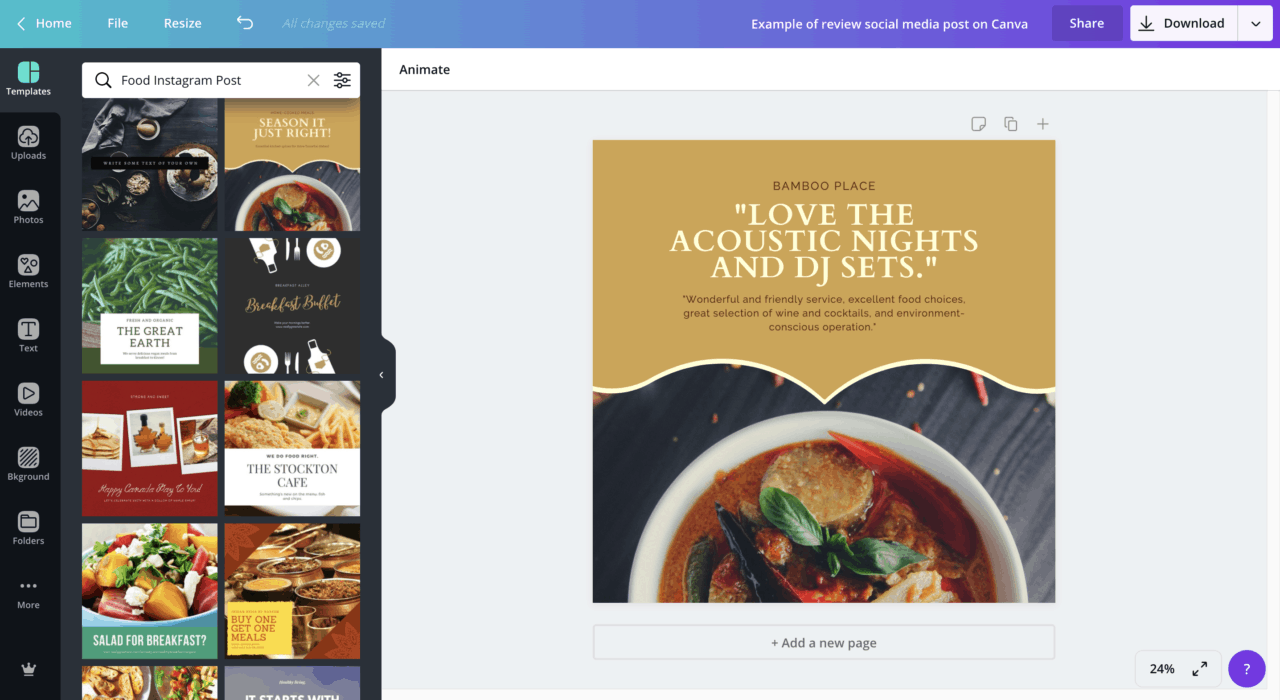
One of the most useful features of Canva is its ready-to-use social media design templates, which come in default sizes or dimensions ideal for the type of post you’re creating. For example:
- Instagram post: 2160 x 2160 px
- Instagram story: 1080 x 1920 px
- Social media animation: 800 x 800 px
- Facebook post: 940 x 788 px
- Pinterest pin: 1000 x 1500 px
4. Hootsuite: Automate Sharing Reviews on Social Media
Hootsuite is one of today’s most widely used social listening platforms. You can use it to monitor social reviews, schedule social posts, and manage your social media marketing efforts in one place.
With Hootsuite, you’ll also have access to insights, analytics, and real-time results to help you understand and improve your social media performance.
Pro tip: When scheduling your social media posts, think carefully about when customers are most likely to turn to reviews as a source of information.
For example, if you’re a restaurant operator, you may want to share your best social media reviews during times when people would begin searching for a restaurant, such as before lunch or dinner.
It’s also useful to monitor your posts’ engagement and performance so that you can optimize for times when sharing customer reviews on social media create the most impact. For more tips, check out our Hootsuite reputation management guide.
Social Media + Reviews: 7 Best Practices
It’s no surprise that companies are embracing social media reviews as part of their marketing strategy. When handled properly, online reviews support and enhance the effectiveness of your social media strategy.
Here are 7 best practices you can apply to make reviews work in perfect harmony with your social media marketing efforts.
- Claim your business on social media and business review sites
- Respond to reviews
- Ask for reviews and share them on social media
- Promote your brand
- Identify and fix customer issues
- Use reviews to gain customer insights
- Share positive feedback with your team
Best Practice 1: Claim Your Business on Social Media and Business Review Sites
Social media is earned media, and success requires listening. To listen to customers and prospects, you must know where their conversations are taking place.
As part of your local listing management efforts, make sure you claim your company’s listings on all possible business review sites, channels, and platforms relevant to your business. Doing so improves brand visibility. It also builds your capacity to listen to and engage with people talking about your business.
You may already have a Facebook business Page or a Twitter profile but don’t stop there. Plant your flag on web properties like Yelp, Google, and Tripadvisor, to name a few. Also, make sure to claim your business on industry-specific sites. For example: Zomato and OpenTable are two of the top restaurant review sites, and Vitals and Healthgrades are a couple of doctor review sites where providers should have profiles.
Best Practice 2: Respond to Reviews
To succeed on social media, you have to develop meaningful relationships with your fans and followers, as well as your “haters” and critics. Learning how to respond to negative reviews and positive feedback is a must.
Responding also creates an opportunity for impartial observers — your potential customers — to have a fair and reasonable perception of your brand. They’ll be more likely to view your brand as credible and responsive to customer needs, making them more likely to choose you over unresponsive competitors.
When writing your social media review responses, keep in mind that the goal is to build goodwill. Be nice and approach every review — no matter how negative — with care. Providing polite, professional responses may even pave the way for your harshest critics to give your company a second chance.
Best Practice 3: Ask Customers for Reviews, then Share on Social Media
Don’t let your happiest customers stay quiet. Find ways to get them to be more vocal about their experiences. Rather than focusing on promotional content or paid advertising as your top investment priorities, why not start asking for reviews?
Happy customers can be powerful word-of-mouth marketing catalysts for your brand, so it makes sense to keep them engaged. If you’re already getting a steady stream of 5-star ratings on websites like Yelp and Tripadvisor, share them on your Facebook, Twitter, or Instagram profiles. It’s a great alternative to pushing loud sales messages that don’t always work.
Best Practice 4: Promote Your Brand on Social Media and Review Sites
By its nature, social media creates opportunities to exponentially expand your network, extend your brand’s reach, and grow your audience.
Don’t limit your efforts to “Like us on Facebook” or “Follow us on Instagram.” Let people know that they can also find you on Yelp, Tripadvisor, Google, and other web properties to demonstrate your authenticity and openness to feedback.
There are more than a dozen ways to promote your presence. You can share links, send emails and newsletters, and add a website review widget (such as Amplify). Some review sites even provide businesses with free marketing collateral (think window clings, stickers, and certificates) based on performance achievements within their respective communities: for example, the Google Business Profile Marketing Kit.
Best Practice 5: Identify and Fix Customer Issues
Social media has transformed how brands handle complaints, respond to customer needs and expectations, and conduct customer experience management.
If you aren’t already providing social care and support, here’s something to consider: 54% of customers prefer social media for customer service over the phone or email.
It makes sense to extend the scope of your efforts to include business review sites. This allows you to see the bigger picture and identify and resolve customer issues, while also creating new opportunities to foster customer loyalty.
Best Practice 6: Use Reviews to Gain Customer Insights
Social media reviews and content can be harnessed to help your company discover and interpret key insights about your customers.
Support the objectives of your customer experience analytics program by tapping into your precious review data. Regardless of rating, your reviews likely contain a wealth of information to help you make smart, customer-centric decisions.
Best Practice 7: Share Positive Feedback with Your Team
Some of the savviest brands on social media are organizations that demonstrate a commitment to creating a customer experience management culture.
If your social media strategy is successfully driving engagement, generating 5-star reviews across the board, or flourishing with hearts and likes and favorites, don’t hesitate to share and celebrate those accomplishments with your team.
Not only does this boost employee morale and satisfaction; it can also ignite vibrant and powerful brand evangelists in your team. Engaged, happy, and motivated employees serve well as the voice of your brand in social media interactions, making your brand irresistible to your community.
Final Thoughts: Supercharge Your Marketing with Social Media + Reviews
When evaluating companies and brands, consumers often rely on what others say about you more so than on your own marketing copy.
This makes social media reviews a vital component of every successful marketing strategy. If you’re looking to maximize the results of your social initiatives, learn how you can use reviews to your advantage. By sharing customer reviews on social media and letting your happiest customers act as brand advocates, you can drive greater engagement and cut through all the noise.
Ready to start sharing your customers’ social media reviews? Request a demo today and we’ll show you how we can help!

